18 GPTs for Schema Generation Powered by AI for Free of 2025
AI GPTs for Schema Generation refer to advanced, specialized versions of Generative Pre-trained Transformers designed to automate and facilitate the creation, understanding, and manipulation of data schemas. These tools leverage the power of GPTs to understand complex data structures and generate schemas that serve as blueprints for database design, data interchange, and API creation. Their relevance lies in their ability to provide tailored solutions for schema-related tasks, simplifying the process for developers, data scientists, and non-technical users alike. By harnessing natural language processing and machine learning, these AI tools can interpret user queries and instructions to generate or modify data schemas, making them invaluable in data management and software development contexts.
Top 10 GPTs for Schema Generation are: AirtableGPT,Bio To Schema,GPT Action Builder,Zapier Webhook GPT Schema Writer,Text to DB Schema,PSQL Pro,Auto Custom Actions GPT,Add Actions - Schema Writer,OpenAPI (Swagger) Schema Generator,OpenAPI Creater for API
AirtableGPT
Empower your Airtable with AI-driven insights
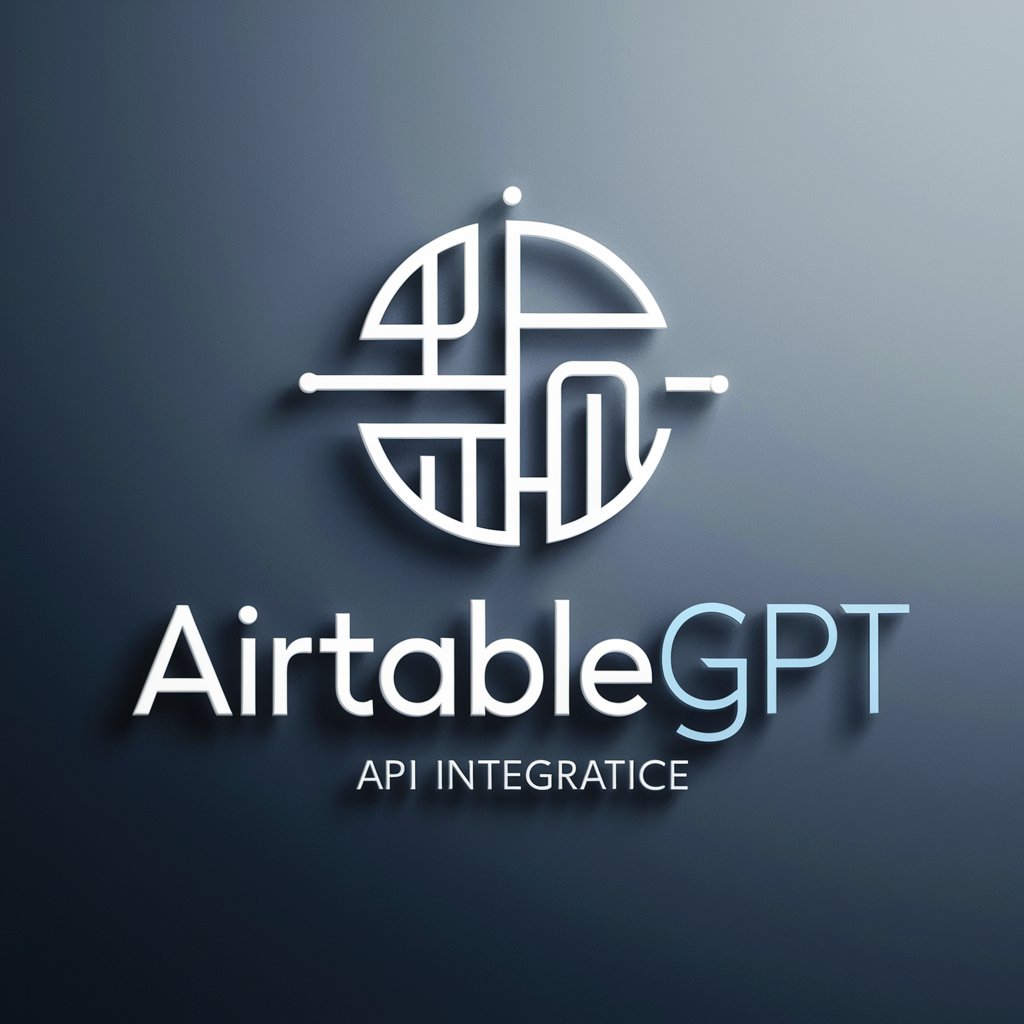
Bio To Schema
Powering SEO with AI-Driven Schema

GPT Action Builder
Streamlining GPT Integration with AI-Driven Schema Creation
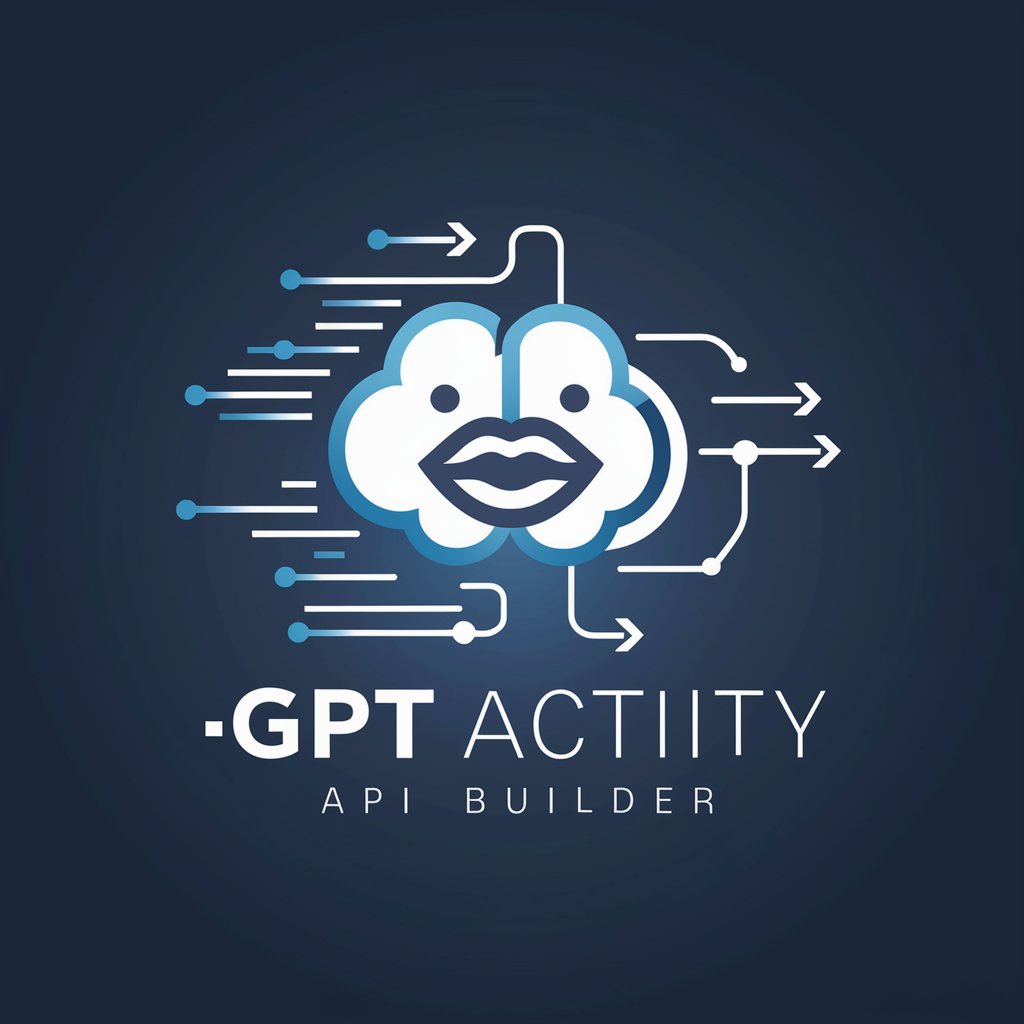
Zapier Webhook GPT Schema Writer
Automate your Zapier Webhook integrations with AI-powered schema generation.
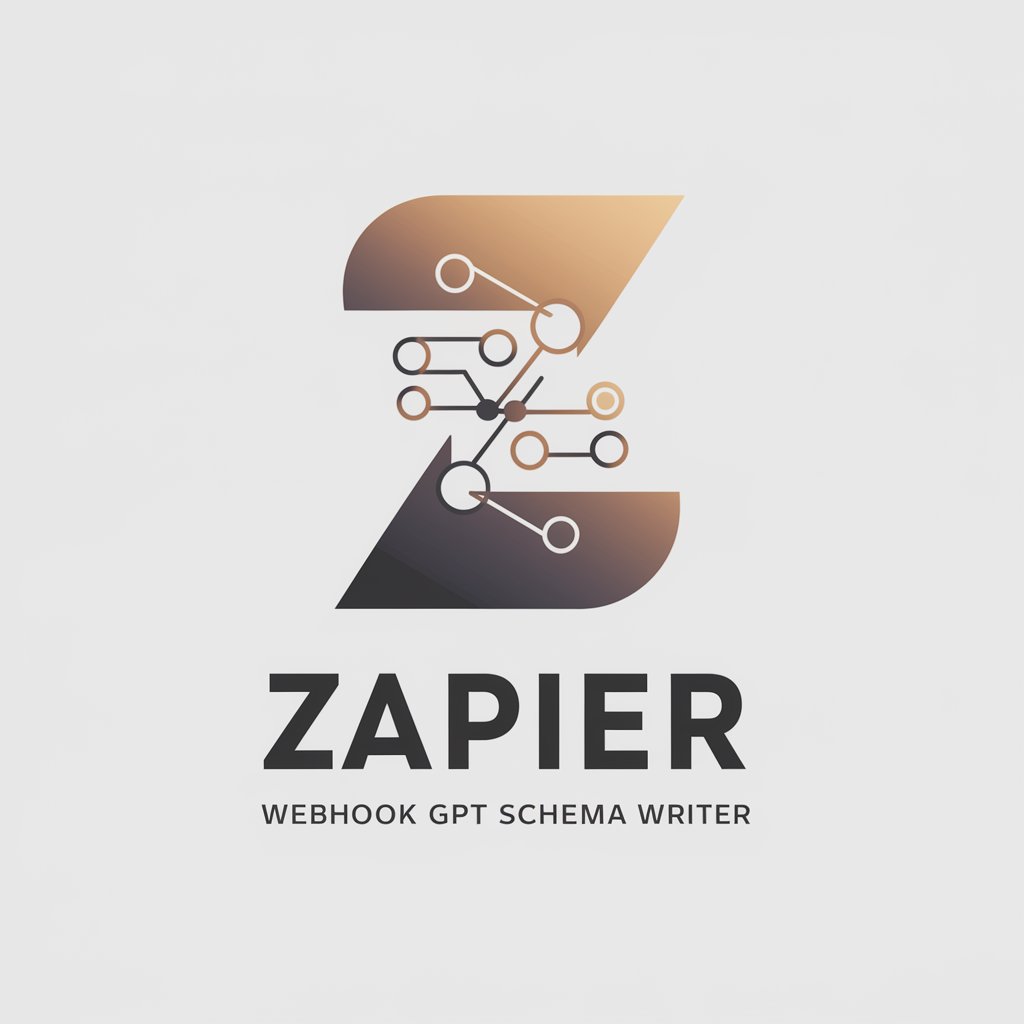
Text to DB Schema
Simplify Database Design with AI
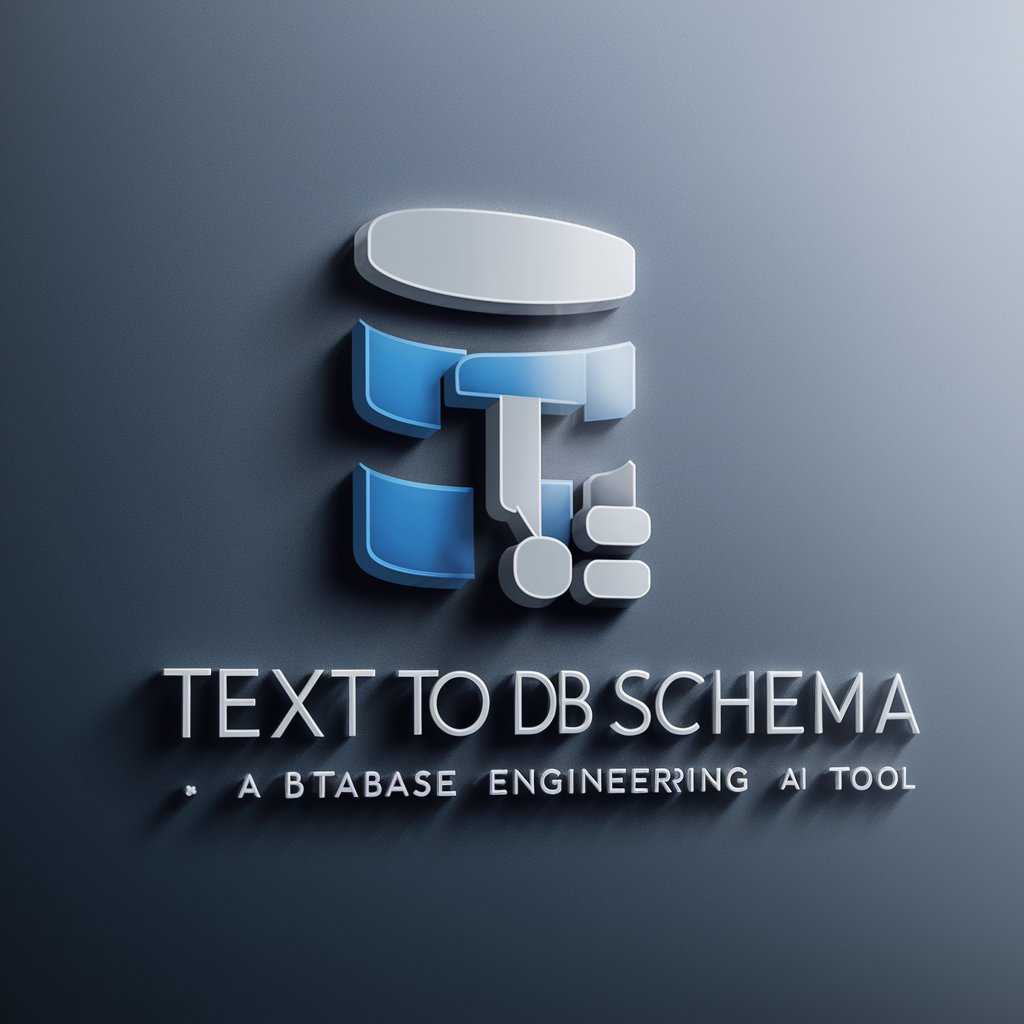
PSQL Pro
Transform Excel to SQL with AI
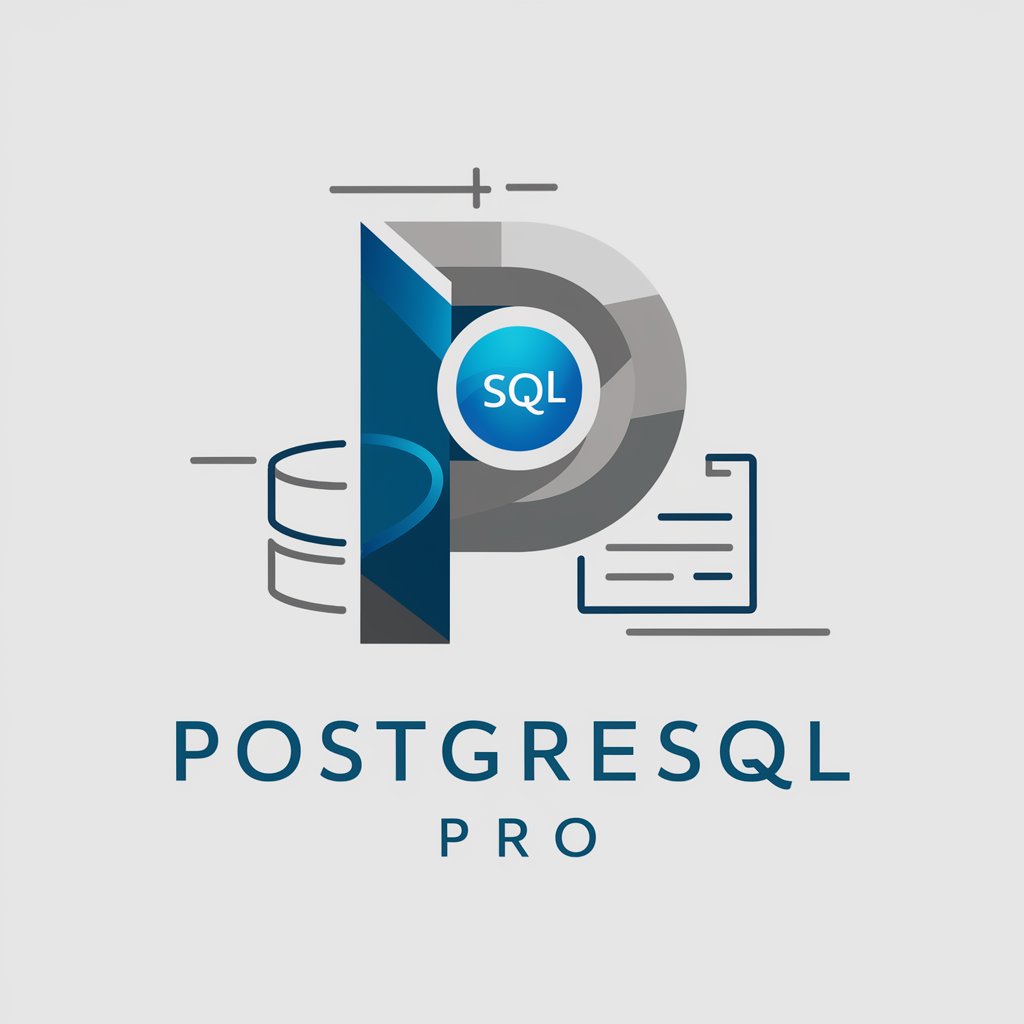
Auto Custom Actions GPT
Streamlining API Integration with AI-Powered Precision
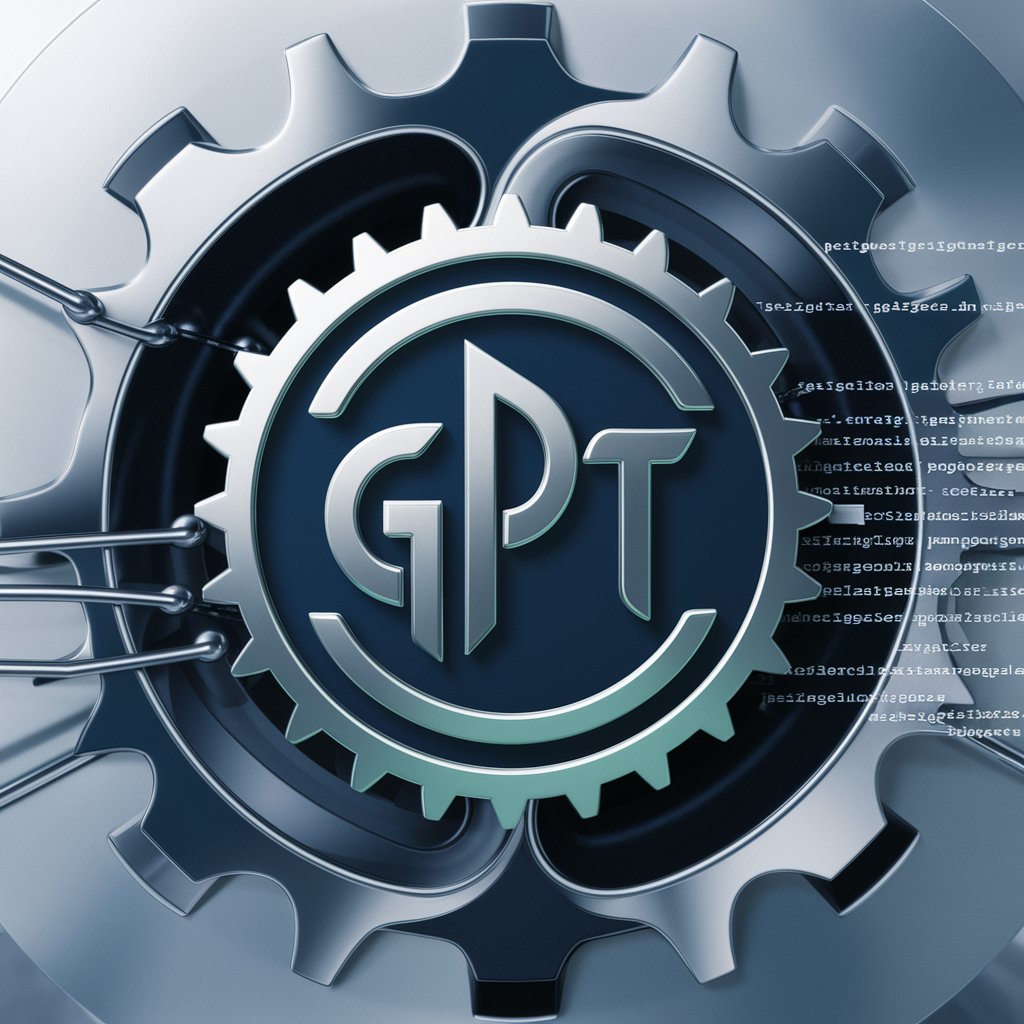
Add Actions - Schema Writer
Expand Your GPT's Reach with API Integration
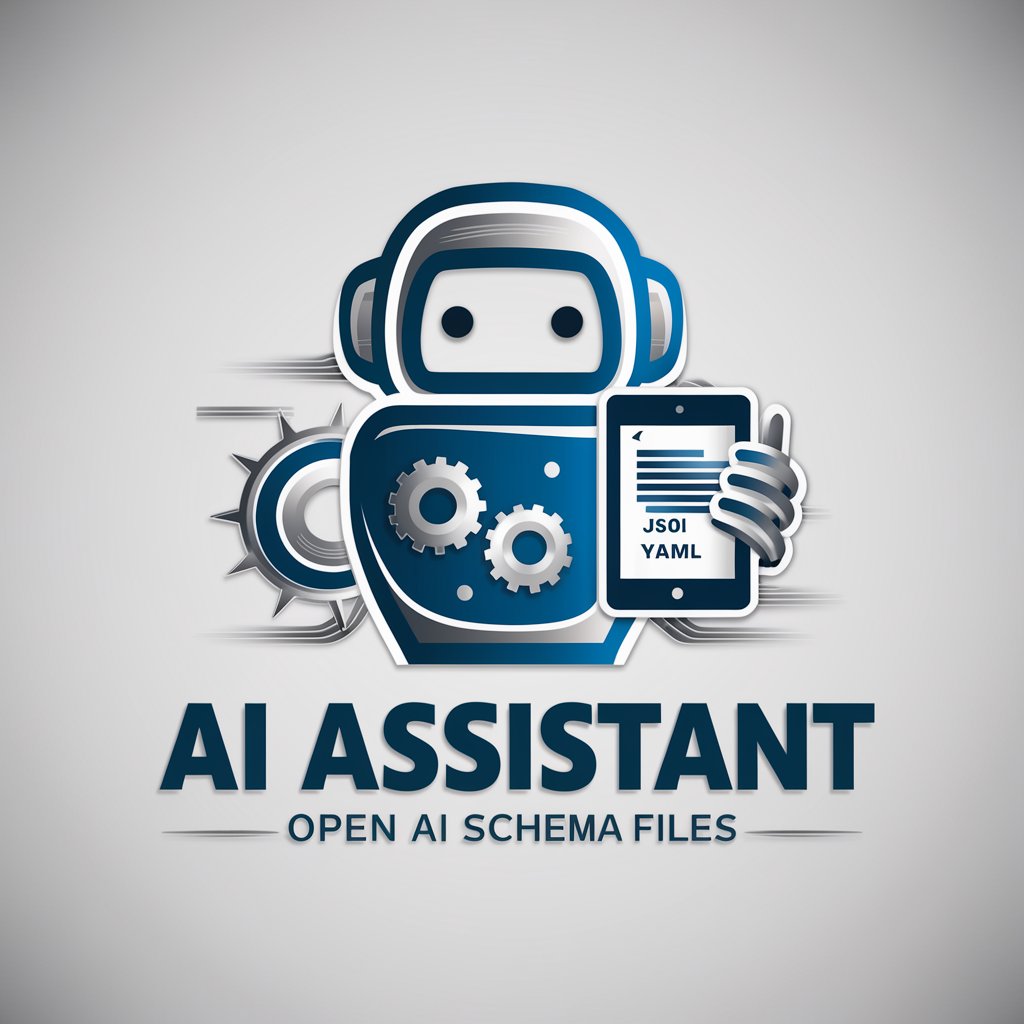
OpenAPI (Swagger) Schema Generator
AI-powered OpenAPI Schema Generation

OpenAPI Creater for API
Crafting OpenAPI Schemas, No Coding Required
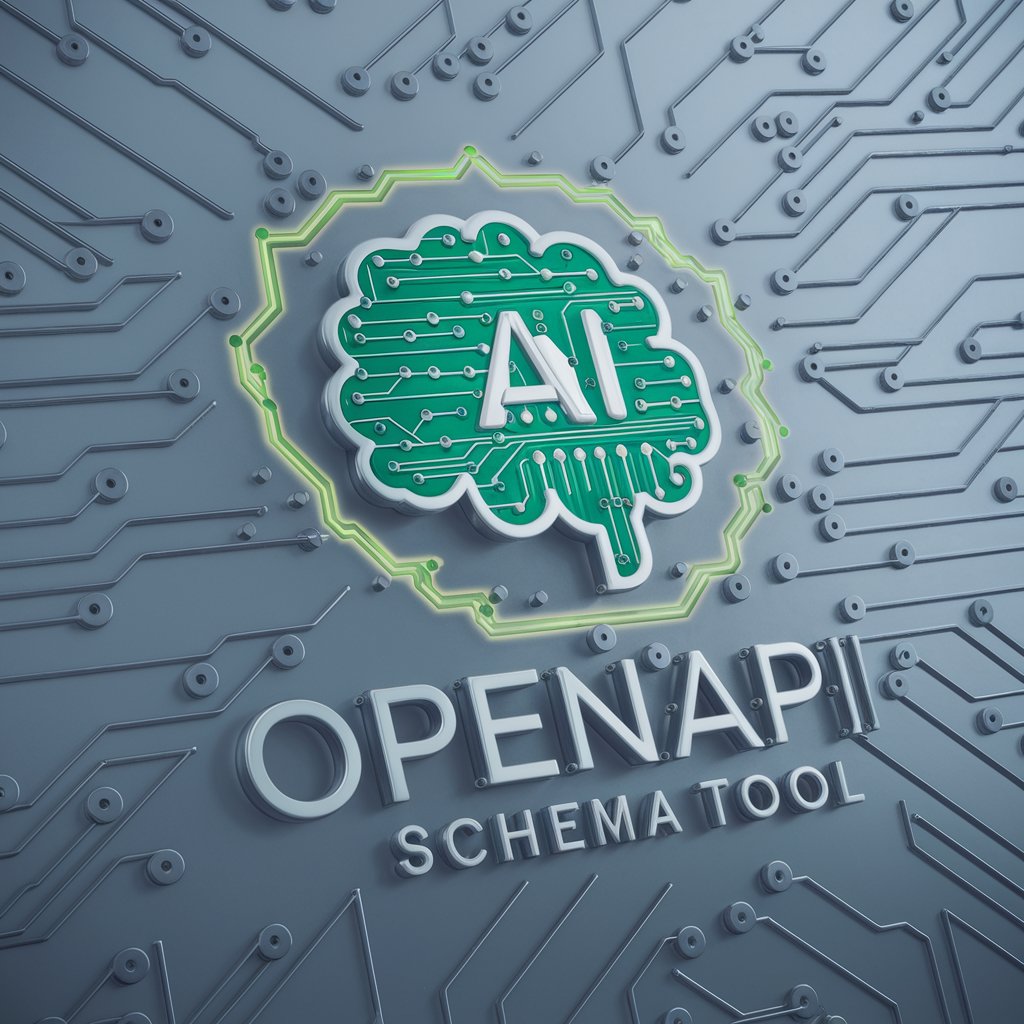
Sanity.io GPT
Streamline Content with AI
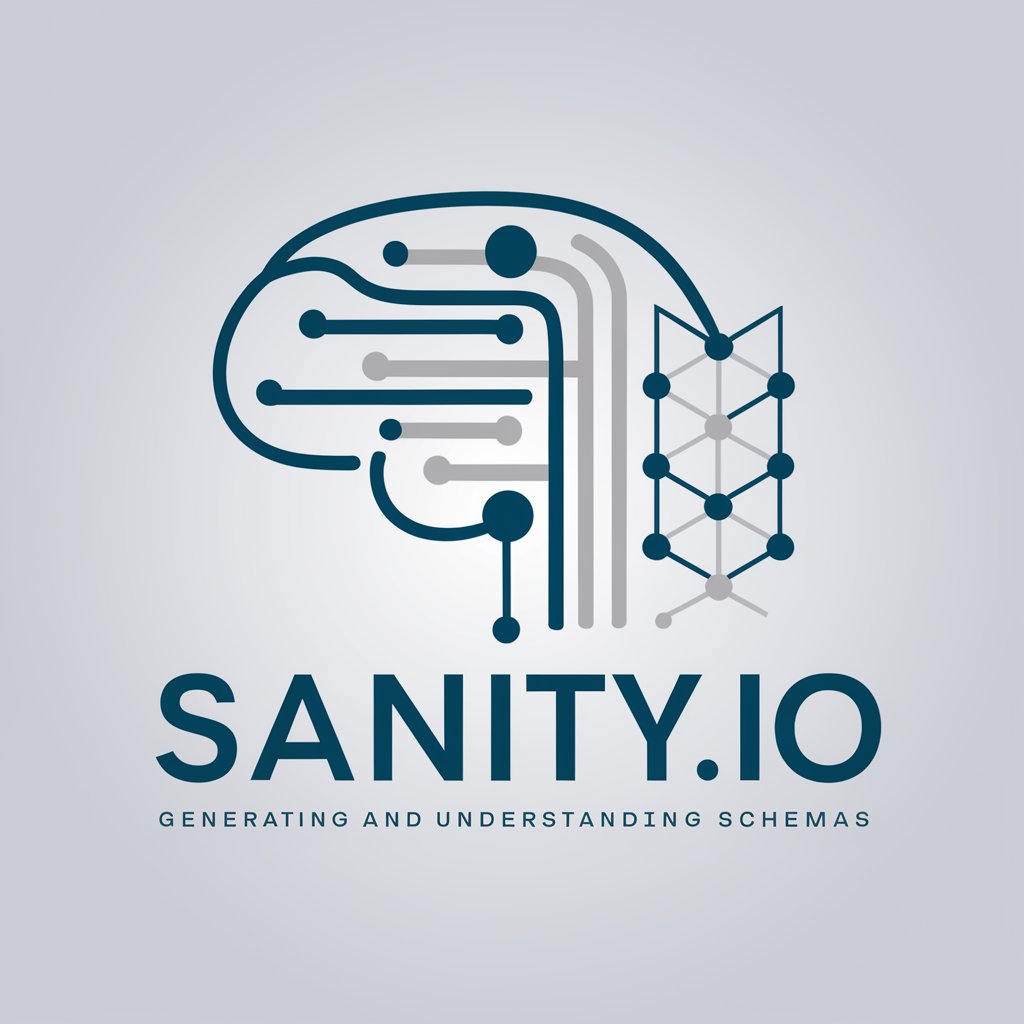
OpenAPI Action Builder
Simplifying API Integration with AI
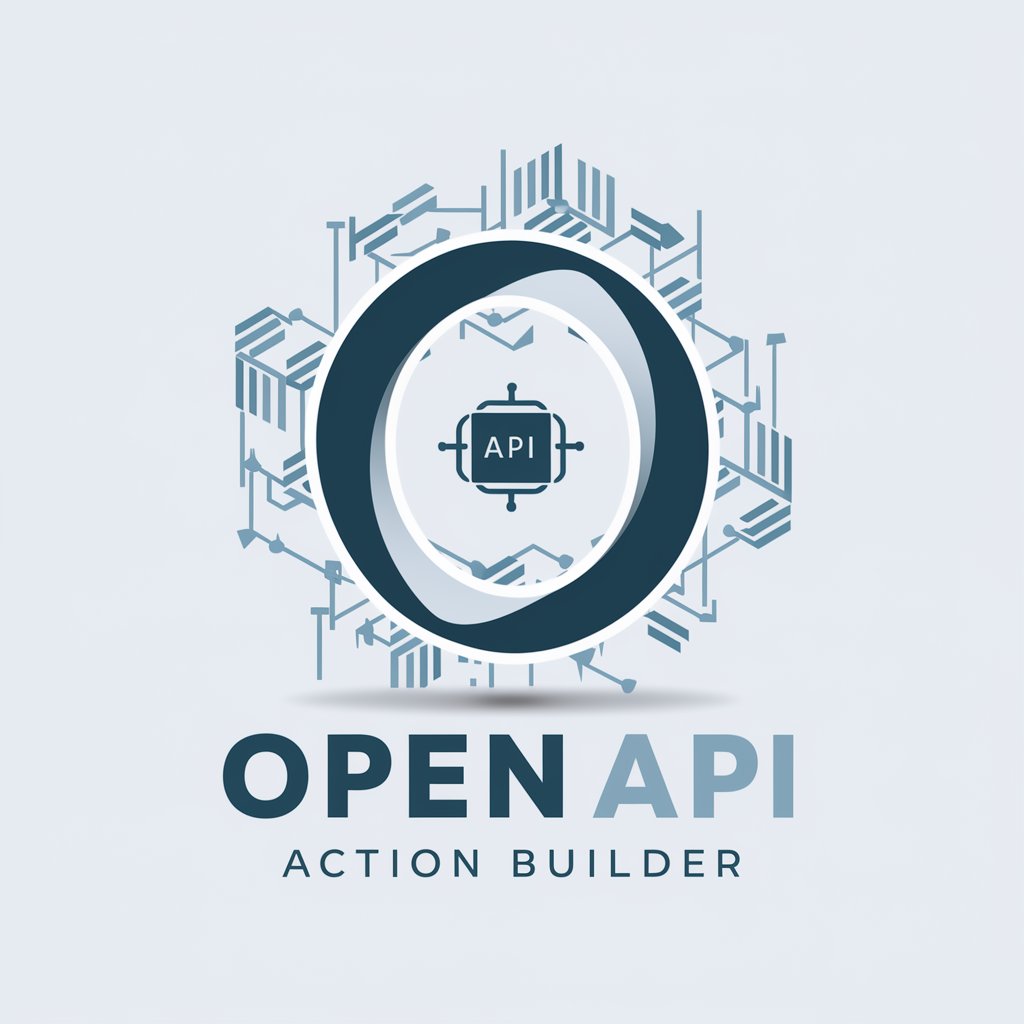
GPT OpenAPI Builder
Automating API Documentation with AI
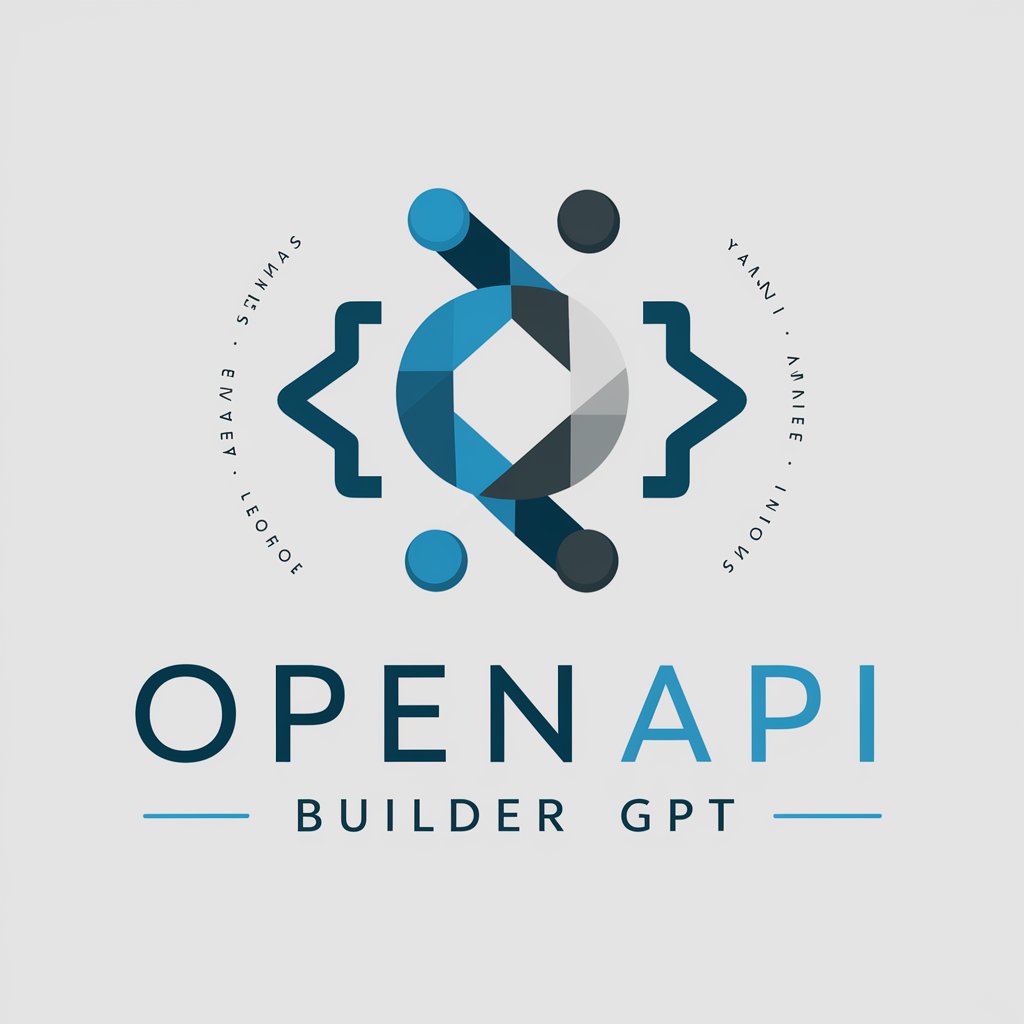
Data Insighter
Unlocking Genomics Insights with AI
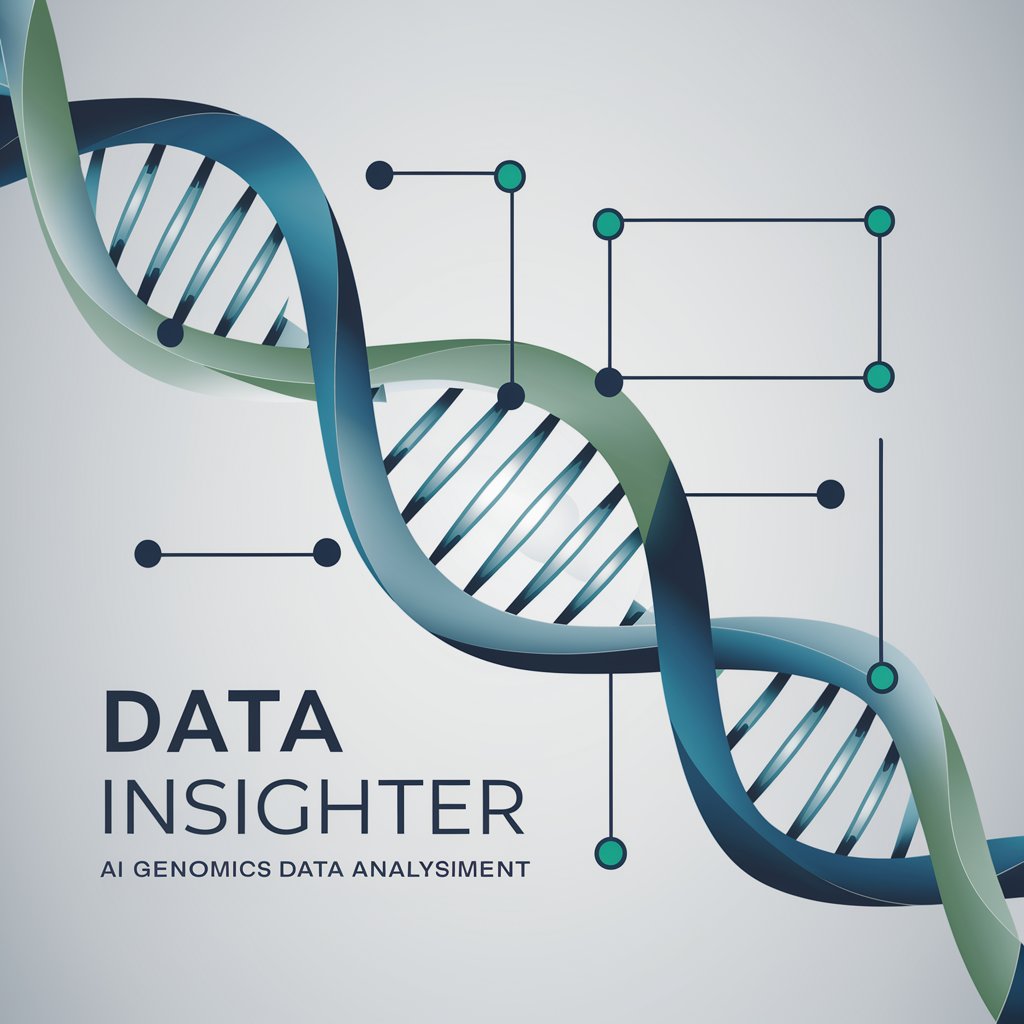
formilyjs export
Power your forms with AI-driven FormilyJS
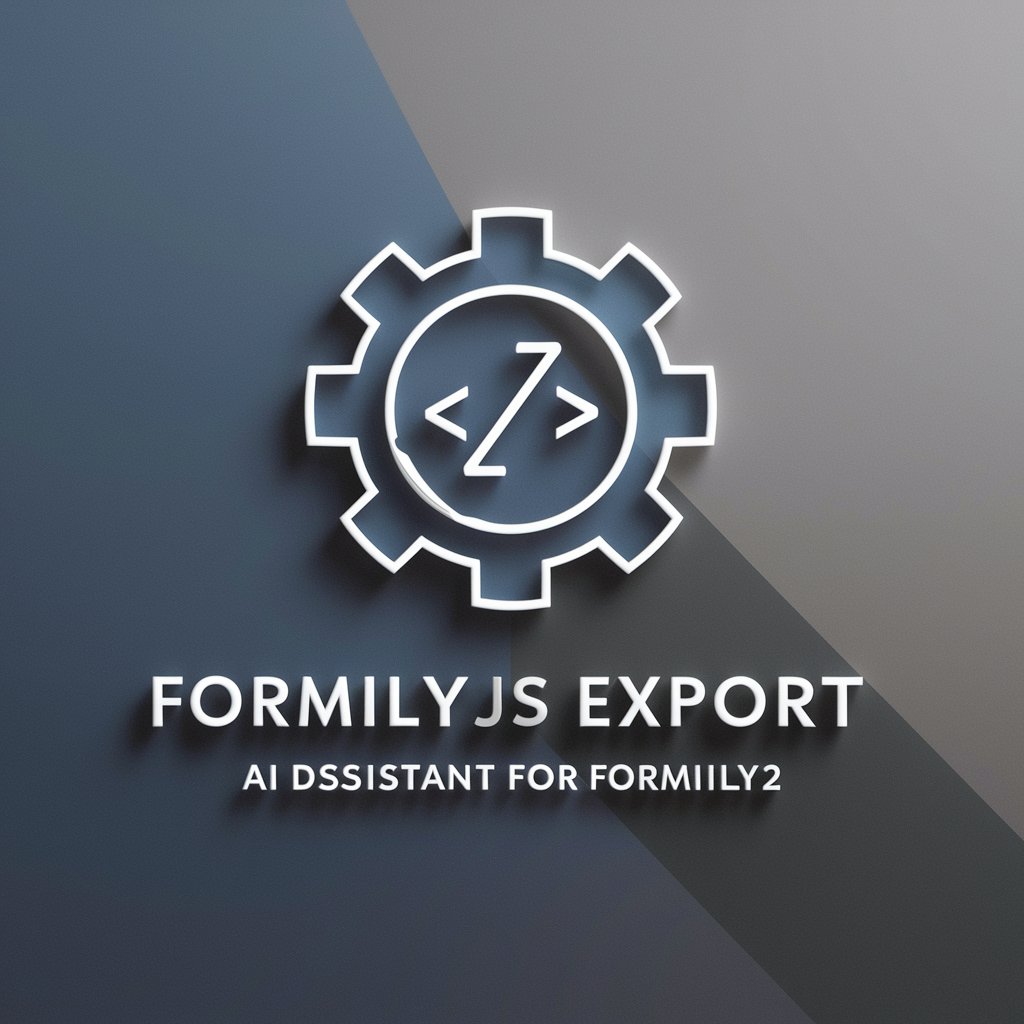
Local SEO Schema Wizard
Optimize local presence with AI-driven schemas.
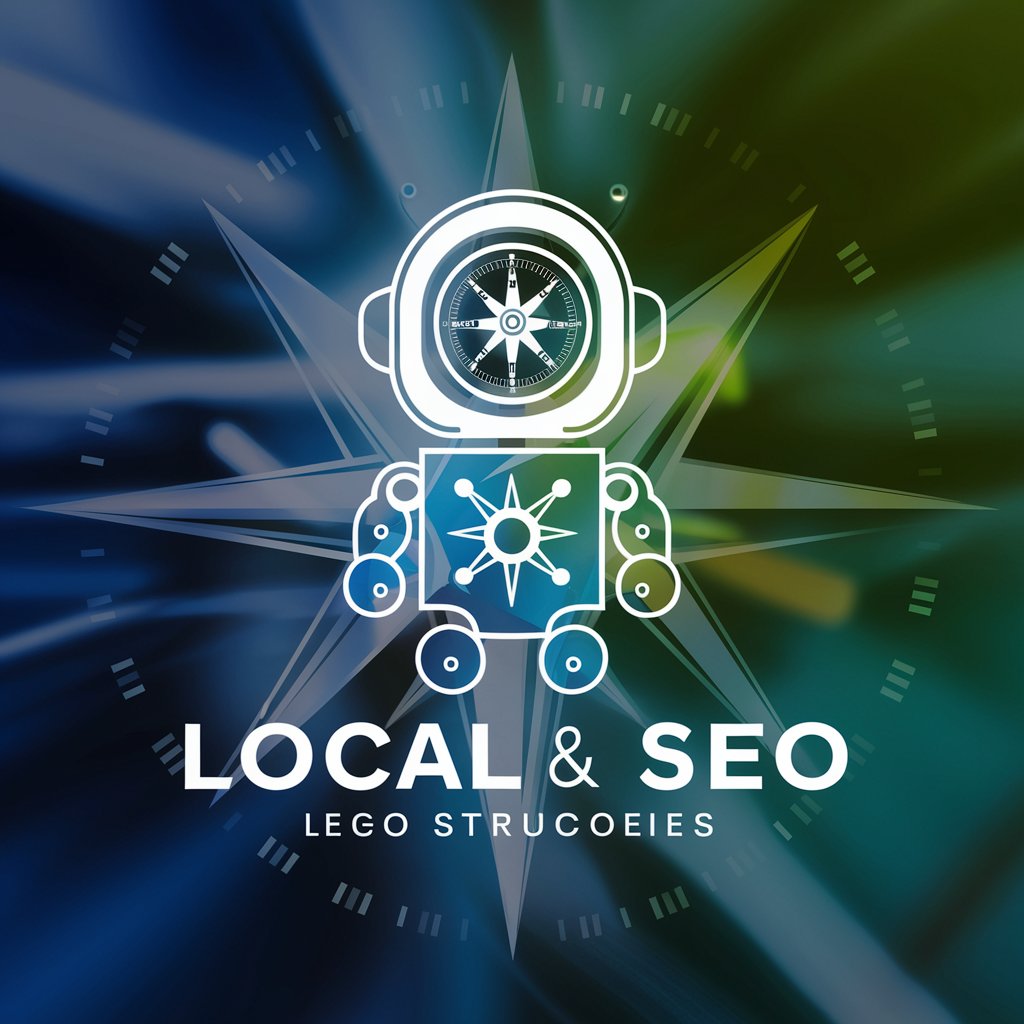
OpenAPI 스키마 도우미
Automating API Schema Creation with AI
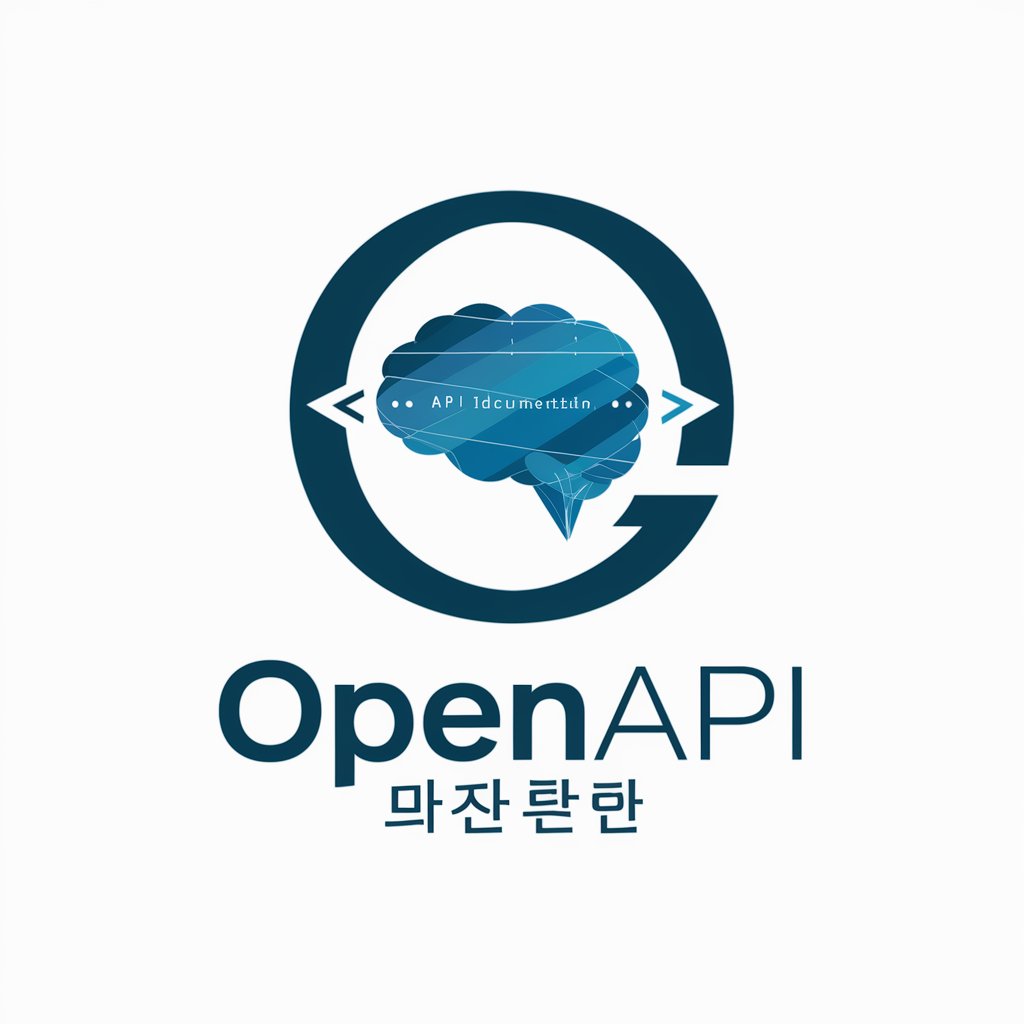
Schema Scribe
Automate API Schema Creation with AI
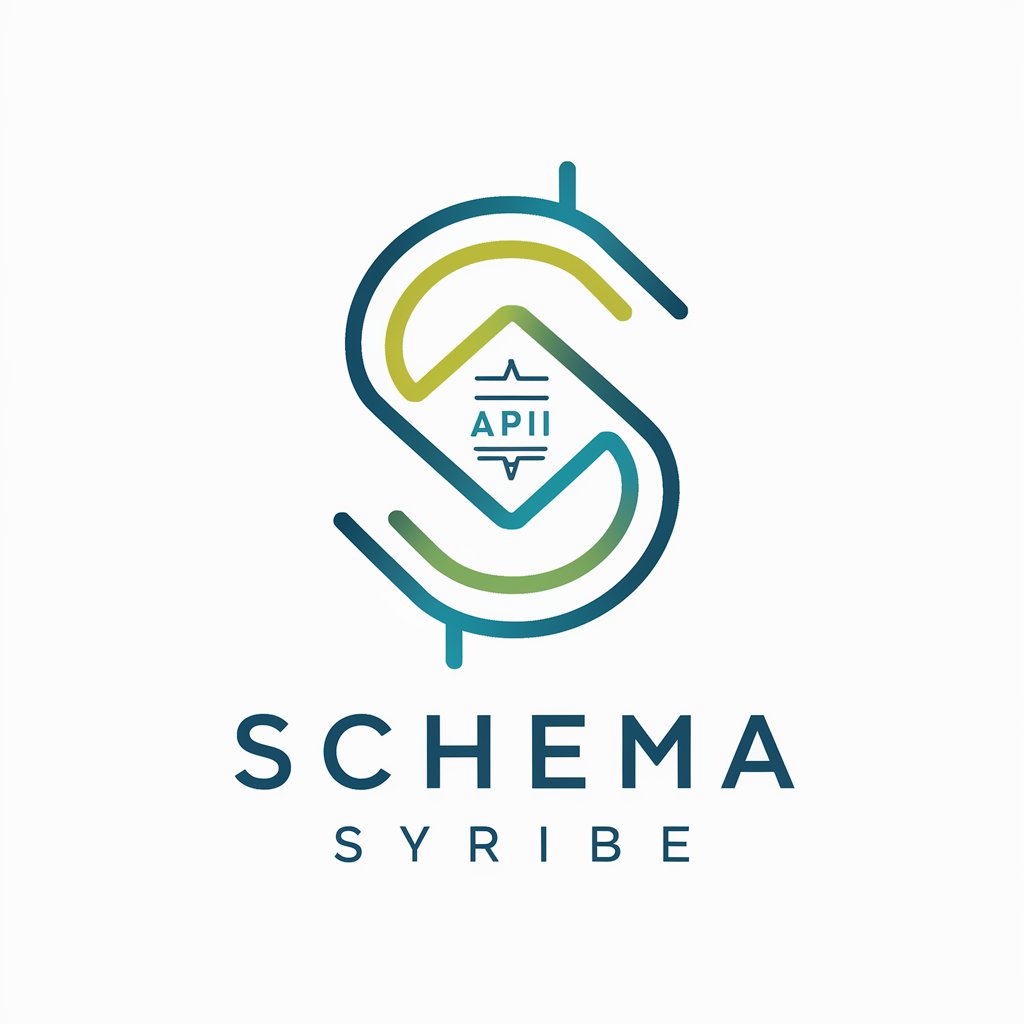
Essential Attributes of Schema Generation Tools
AI GPTs for Schema Generation stand out for their adaptability and intelligence in handling schema-related tasks. Key features include their ability to learn and understand diverse data models, generate schemas from natural language descriptions, and offer suggestions for schema optimization. They can automatically identify relationships within data, suggest indexing strategies, and ensure compliance with data standards. Furthermore, advanced GPTs offer capabilities such as technical support through code generation, web searching for data modeling patterns, image creation for visual schema representations, and data analysis to infer schema elements from raw data. These features make them highly versatile tools for anyone involved in data architecture or application development.
Who Benefits from Schema Generation AI?
The primary beneficiaries of AI GPTs for Schema Generation include developers, data architects, and business analysts, as well as novices or non-technical individuals looking to understand or work with data structures. These tools democratize access to complex schema generation processes, offering intuitive interfaces for those without coding skills, while also providing robust customization options for experienced users. This dual approach ensures that a wide range of users, from professionals to hobbyists, can effectively leverage AI for schema design and optimization.
Try Our other AI GPTs tools for Free
Personality Development
Discover AI GPTs for Personality Development: Tailored AI tools designed to enhance personal and professional skills through adaptive learning and interactive feedback.
Visual Art Evaluation
Discover how AI GPTs transform visual art evaluation, offering tailored insights, interactive learning, and innovative perspectives to enthusiasts and professionals alike.
Flight Tracking
Explore AI-powered GPT tools for real-time flight tracking, offering advanced analytics, user-friendly interactions, and seamless integration for aviation professionals and travelers alike.
Last-minute Bookings
Discover how AI GPTs for Last-minute Bookings redefine spontaneous travel, offering tailored, efficient solutions with advanced AI technology for users across the spectrum.
Skill Improvement
Unlock your potential with AI-powered Skill Improvement tools, designed to offer personalized, adaptive learning paths for continuous personal and professional growth.
Post-game Review
Discover how AI GPTs for Post-game Review transform gaming analysis with deep insights, tailored feedback, and strategic optimization for players and developers alike.
Expanding the Horizons with Schema Generation AI
AI GPTs for Schema Generation not only streamline the schema creation process but also enhance understanding and collaboration across different sectors. Their user-friendly interfaces and integration capabilities with existing systems or workflows open up new possibilities for data management, system design, and educational purposes. These tools are particularly valuable in rapidly evolving fields where data plays a central role, offering a scalable solution that adapts to the growing complexity and volume of data.
Frequently Asked Questions
What exactly is Schema Generation in AI GPTs?
Schema Generation in AI GPTs involves using artificial intelligence to automatically generate, interpret, and manipulate data schemas based on natural language inputs or existing data.
Can AI GPTs create schemas for any type of database?
Yes, AI GPTs for Schema Generation are designed to work with a variety of database systems, including relational, NoSQL, and graph databases, by understanding the specific requirements and data structures of each.
Do I need programming skills to use these tools?
Not necessarily. While having programming skills can enhance the customization capabilities, many AI GPTs for Schema Generation are designed to be accessible to users without coding expertise.
How do AI GPTs ensure the accuracy of generated schemas?
These tools use advanced machine learning algorithms to analyze data patterns, user inputs, and industry standards to ensure that the generated schemas are accurate and optimized for performance.
Can these tools suggest improvements to existing schemas?
Yes, many AI GPTs for Schema Generation can analyze existing schemas to suggest optimizations for efficiency, normalization, and compliance with best practices.
How do AI GPTs handle complex data relationships?
They use sophisticated algorithms to infer relationships between data entities, suggest appropriate keys and indexes, and ensure data integrity across the schema.
Are there customization options for experienced developers?
Absolutely. Experienced developers can leverage API access, scripting capabilities, and extensive configuration options to tailor the schema generation process to specific project needs.
What are some common applications of AI GPTs in Schema Generation?
Common applications include automating database design, facilitating data integration projects, generating API schemas for web services, and providing educational tools for learning data modeling concepts.